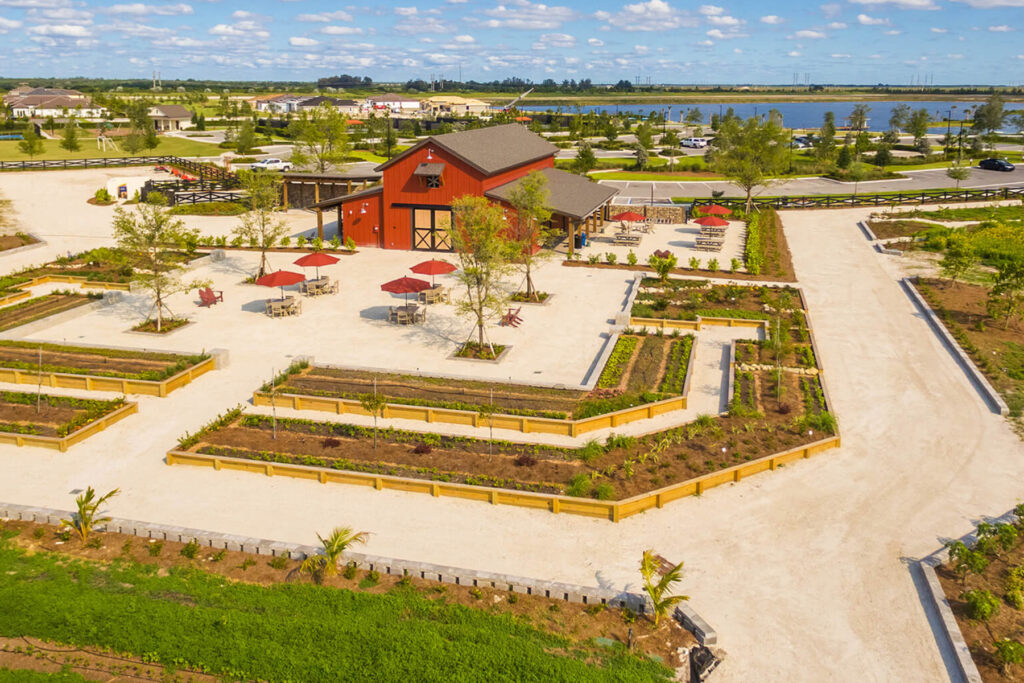The St. Johns County Planning and Zoning Agency voted 7-0 Thursday to recommend a rejection of a 3,300-home “Agrihood” development ahead of a deciding Board of Commissioners vote next month.
Boston-based developer Freehold Communities, the firm behind Shearwater, wants to change the rural zoning of 2,673 acres to enable the project — dubbed “Verde” — to proceed.
In a rare unanimous tally, board members argued that there were too many outstanding concerns and incomplete elements in the application to wave it through.
Panelists also bristled at only having two days to wade through Freehold’s 244-page proposal.
A total of 18 public speakers voiced their opposition, citing traffic and infrastructure concerns, along with impacts on wildlife and potential strains on other county resources.
Freehold’s “Agrihood” model touts large-scale developments that incorporate pastoral elements like event barns and working farms that amount to a “Farm to Table Lifestyle.”
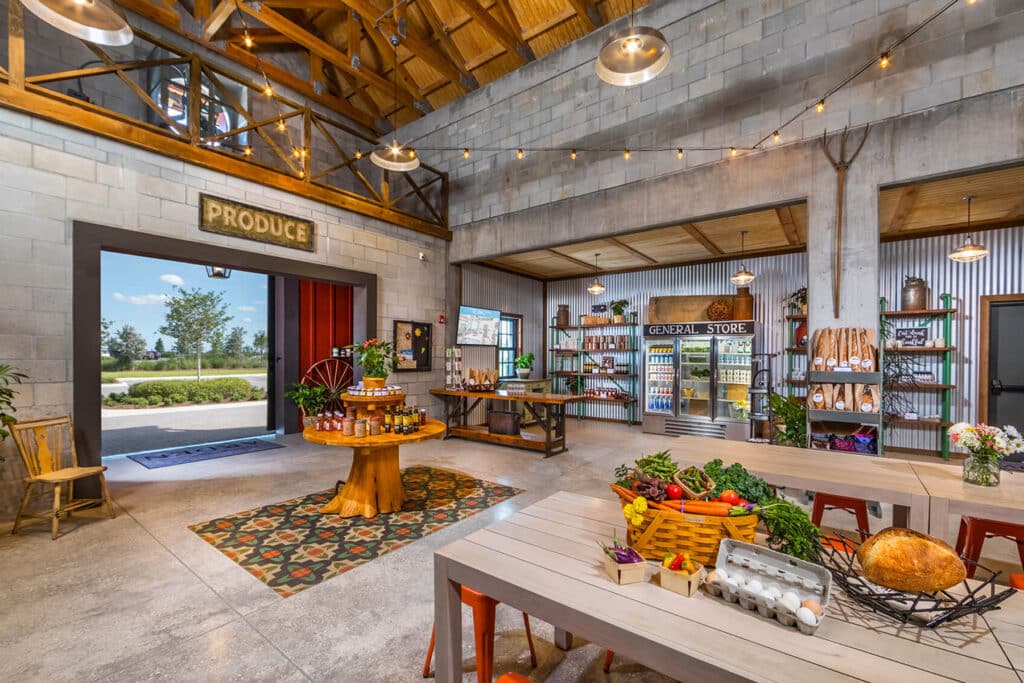
The sprawling tract of land sits between County Roads 208 and 214 west of Interstate 95 – south of the St. Augustine Outlets.
The expanse is currently owned by the Robinson Improvement Company, founded more than a century ago by early St. Johns landowner John Robinson.
His great-great grandson, Len Carter, represented the company Thursday and addressed the board.
“Because of their Agrihood concept and their other excellent developments in Florida, we think it’s a wonderful fit for the property, the area and John Robinson’s legacy,” Carter said.
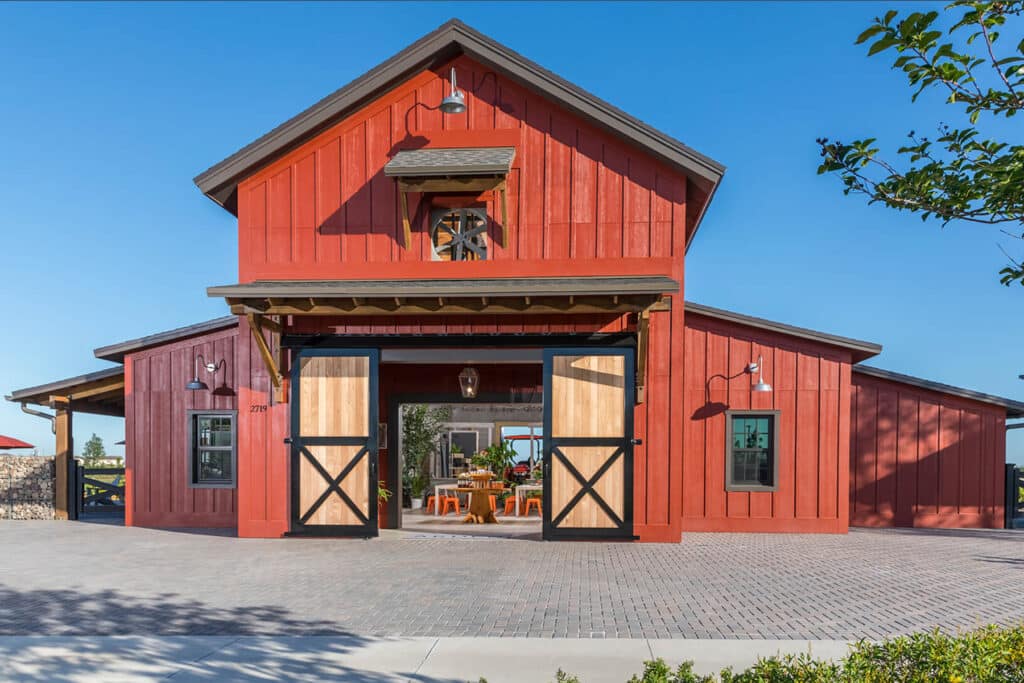
He noted that 800 acres of land would be preserved as part of the development deal.
“We’re very proud to be working with Freehold to develop this Agrihood and we respectfully request your approval of this application,” he said.
Freehold Vice President Andy Smith, a lifelong St. Johns County resident, said the concept comports with the area’s agricultural heritage.
Smith said the Agrihood concept has flourished elsewhere, with 98% of residents of a South Florida Freehold development engaging with its working farms and other agricultural amenities.
But board member Dr. Richard Hilsenbeck signaled his opposition early on in the meeting, questioning the proportion of the development that would actually produce fruits and vegetables.
Smith told the panel that roughly 20 acres were devoted to active farms at a similar project — or roughly 1% of the total property.
“With such a little, a small, a fraction of your acreage devoted to that I don’t see how you can really even call this an Agrihood,” Hilsenbeck said.
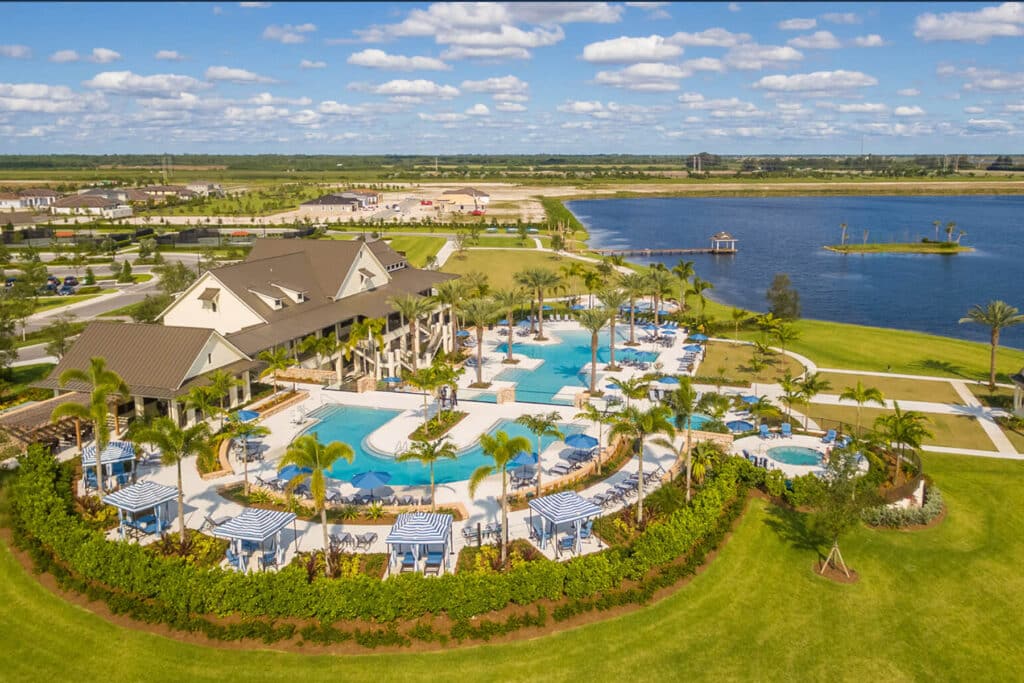
Smith countered that the agricultural elements extended beyond the working farm, noting that local producers would sell their goods at Verde’s “retail barn” on consignment and that residents would benefit from “edible walking trails.”
“The term Agrihood is not 1% of the acreage, the term Agrihood is what the community is involved in, all the things that are involved with bringing healthy organic sustainable living back to the roots of the people that live there.”
But public speakers were uniform in their opposition, telling the board that Verde would exacerbate traffic and stress resources, casting the concept as a rustic veneer intended to mask runaway development.
“Anyone who has driven down County Road 208, State Road 16, I-95, Allen Nease to 207, or between South Francis to the outlet malls is going to be heavily impacted by this,” said Jesse Howell, 34, of Elkton.
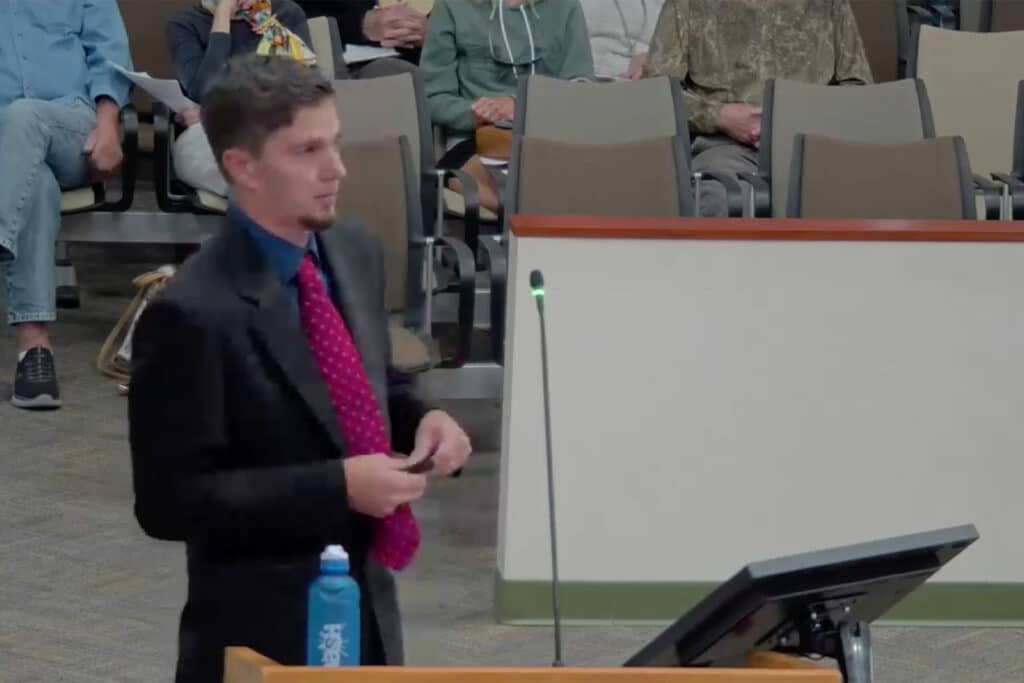
He cited a raft of other concerns during a 15-minute address, including risks to area wastewater systems and the imposition of “urban sprawl” on a historically pastoral area.
Speaker Joe McInerney said the proposal as being rushed through and precluded an adequate vetting.
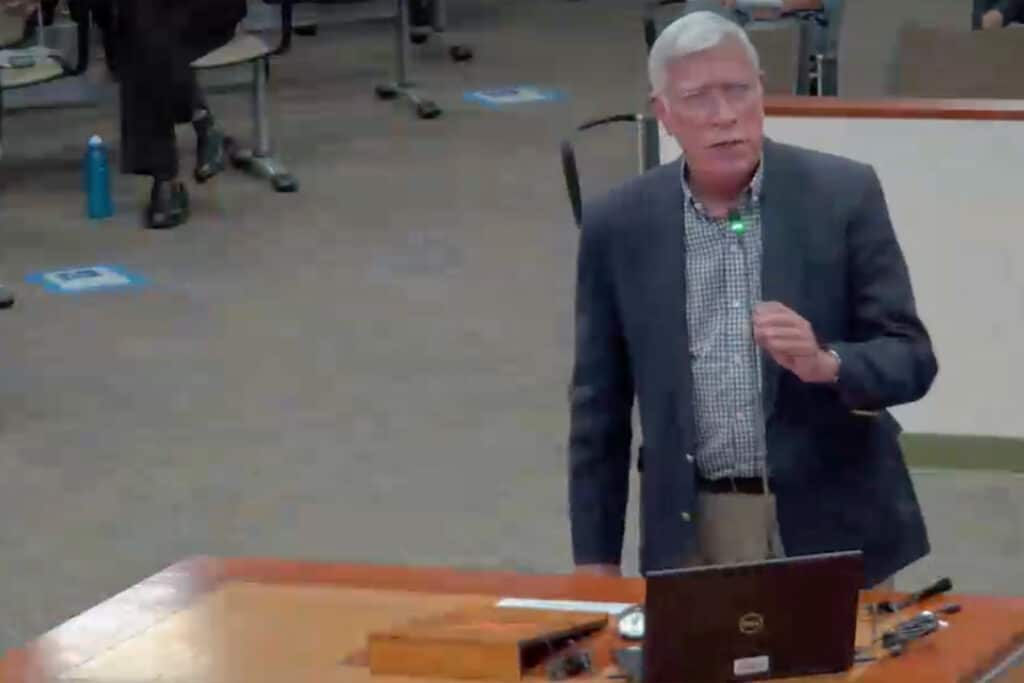
“This application is here way to soon,” he said. “The existing infrastructure is already inadequate and unfunded…This applicant can come back.”
Christine Binninger Wilson, who said she comes from a long line of local farmers, opposed the plan.
“Let’s protect the area of St. Johns County that is an actual natural resource,” she said. “Our little community on 214 matters more than you’ll ever know, and putting homes in that dense area is a disaster for the real farming community out there.”
In the end, the board sided with the objectors.
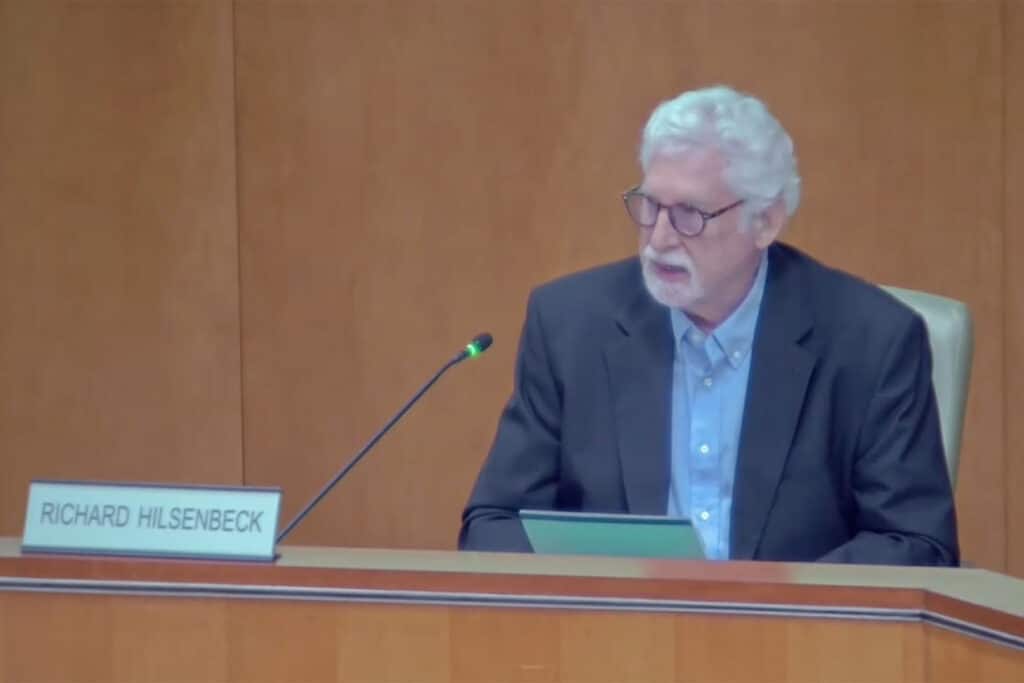
“This whole item is being rushed,” Hilsenbeck said. “There are too many open comments, the materials provided are incomplete, and we had inadequate time to review it. That’s such an important item both for me as a PZA member and for the citizens who are interested in this proposal. It’s way premature, and its time has not come, in my opinion, so I can’t support it.”
But the panel’s recommendation is only advisory, and the St. Johns County Board of Commissioners will give a thumbs up or down on Nov. 5.
